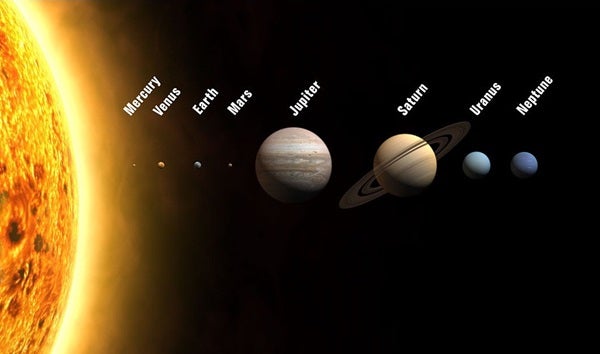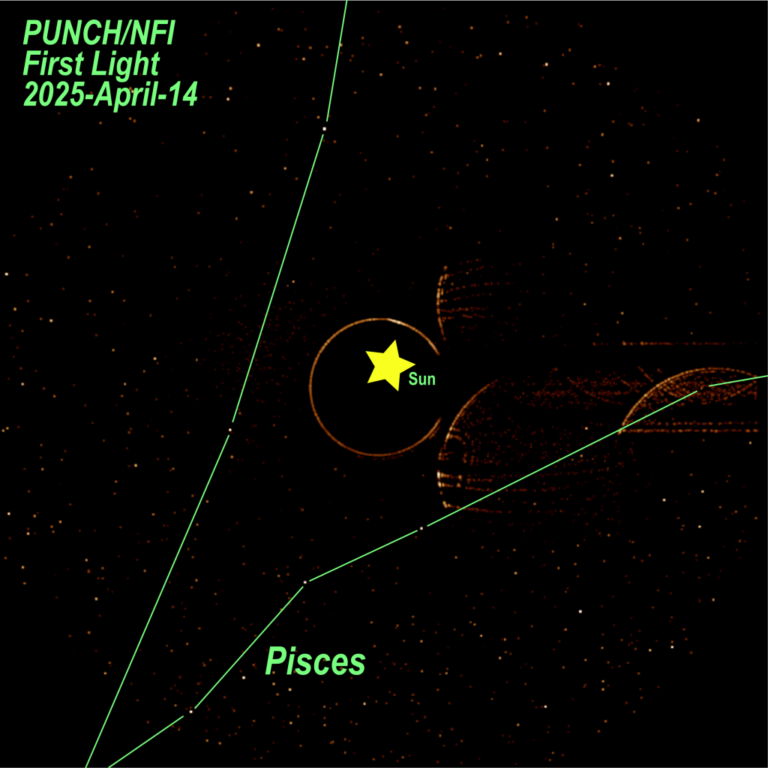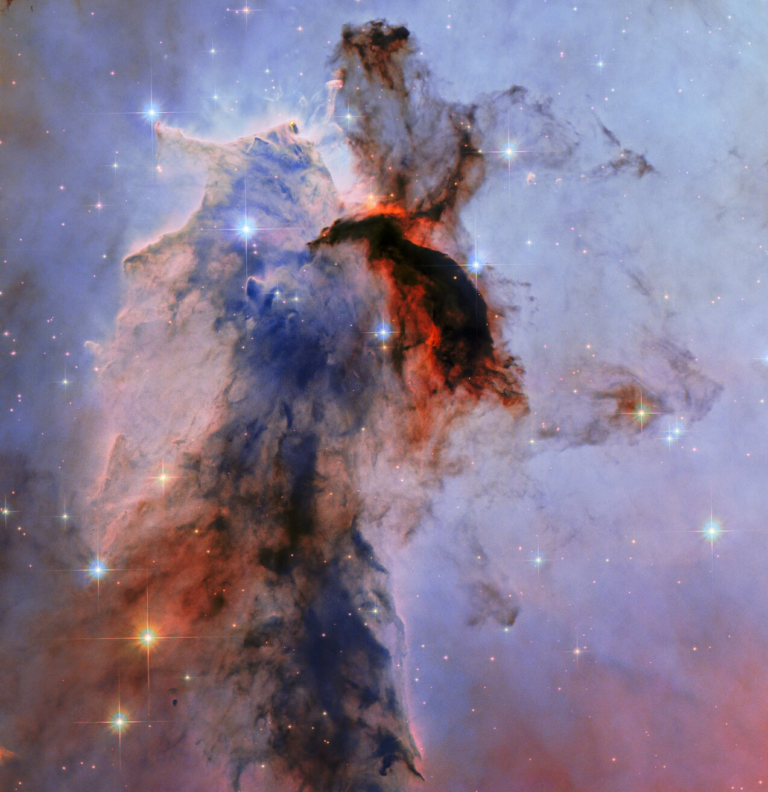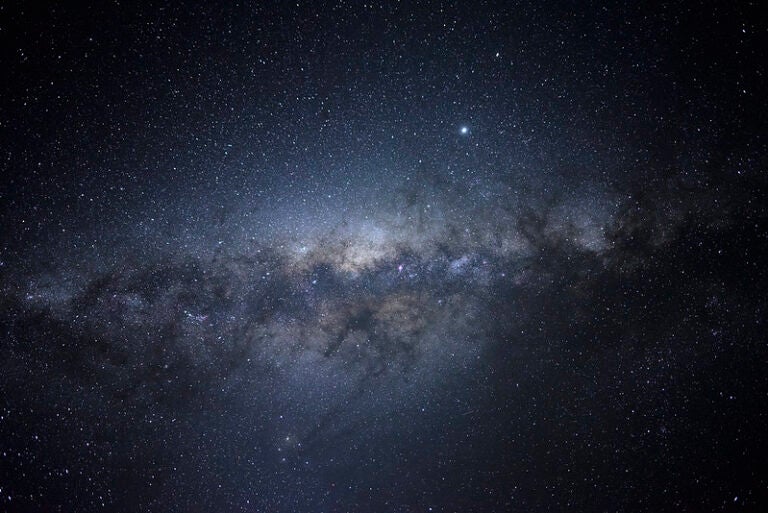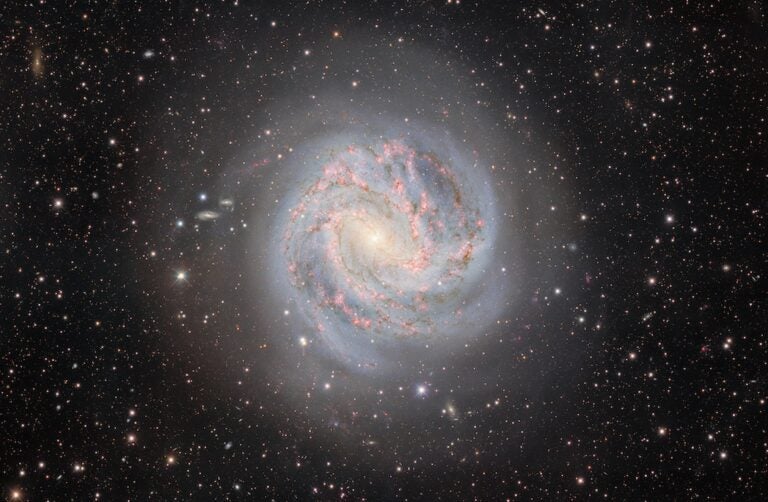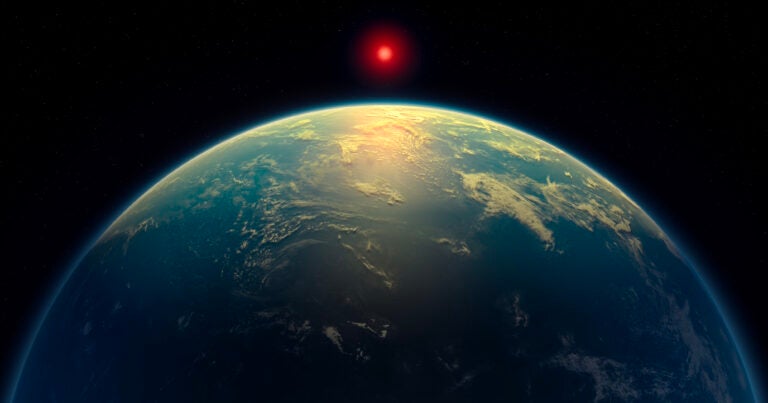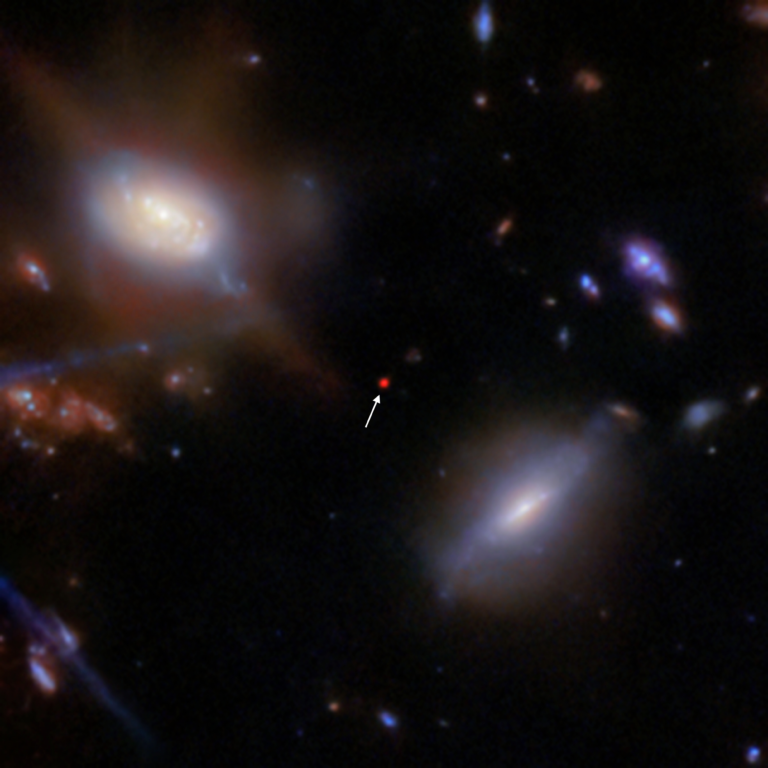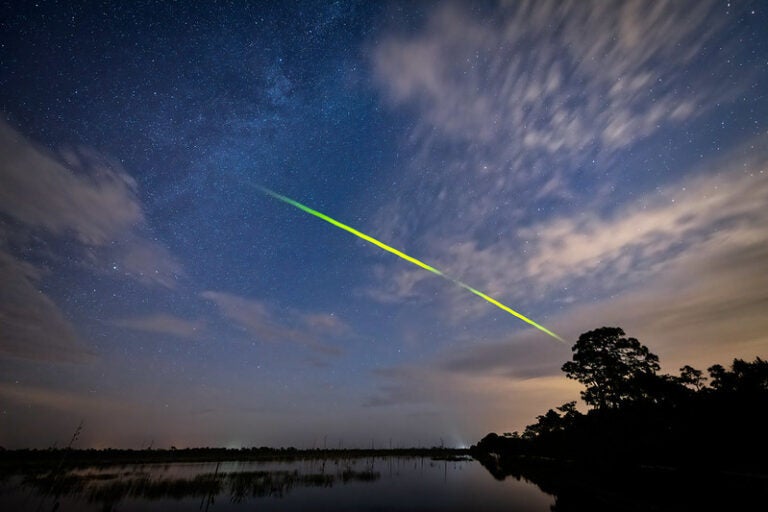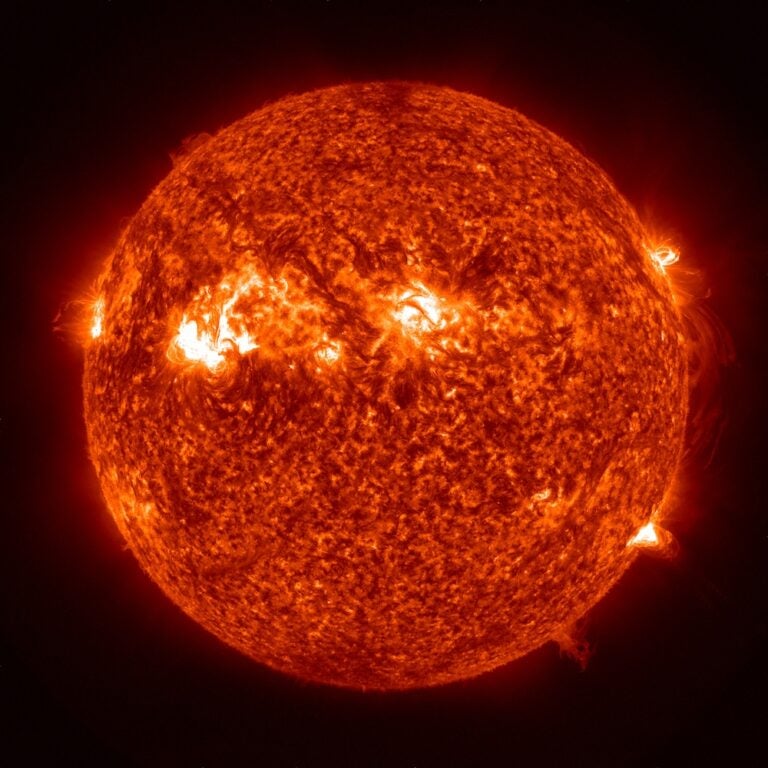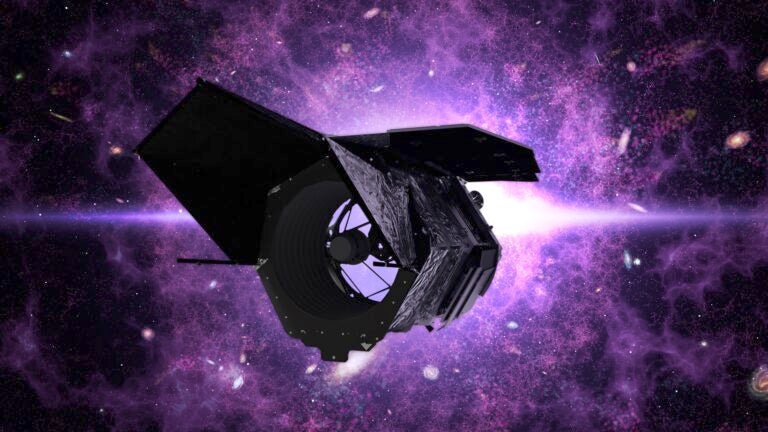The five naked-eye planets — Mercury, Venus, Mars, Jupiter, and Saturn — have been known since antiquity. The Greeks called them Hermes, Aphrodite, Ares, Zeus, and Cronus, respectively.
Aphrodite (Venus to the Romans — and us) caused some problems until the third century b.c. Greek observers had named it Phosphorus when it appeared in the morning sky and Hesperus for its evening apparitions. It was Aristarchus of Samos, born around 310 b.c., who realized that these two objects were one and the same.
Centuries later, the Romans adopted the planets of the Greeks and simply changed their names to Mercury, Venus, Mars, Jupiter, and Saturn.
All was well until 1781, when German-born English astronomer William Herschel discovered a planet beyond Saturn. For more than half a century, there was no agreement on a name, and astronomers often referred to it as the planet Herschel. Cooler heads finally prevailed, and the name Uranus was added to the list.
In 1846, the English and French mathematicians John Couch Adams and Urbain Jean Joseph Le Verrier simultaneously predicted the position of an eighth planet, which astronomers found easily. After much wrangling, astronomers agreed on the name Neptune. Finally, in 1930, a young English girl named far-flung Pluto through an international appeal for suggestions. Uranus, Neptune, and Pluto are all names of Roman gods, so their choices preserved the overall naming scheme of the solar system.
Galileo Galilei discovered the first planetary moons around Jupiter in 1609. He wanted to name them the Medician Stars after his benefactor, Cosimo de’ Medici. However, the classical nomenclature that had prevailed for more than 2,000 years won out. Classical names were applied as more and more planetary moons were discovered.
The mold was broken at Uranus, however, when planetary scientists named its moons after characters found in the works of Shakespeare and Alexander Pope. Neptune’s moons got their names from Greek water gods, and the names of Pluto’s moons came from mythological inhabitants of the underworld.
The Greeks gave our Moon the name Selene, and Earth was Gaia. Both our modern words Earth and Moon derive from Middle English. So rather than Gaia or Selene, we have just plain old Earth and the Moon.
Contributing Editor

